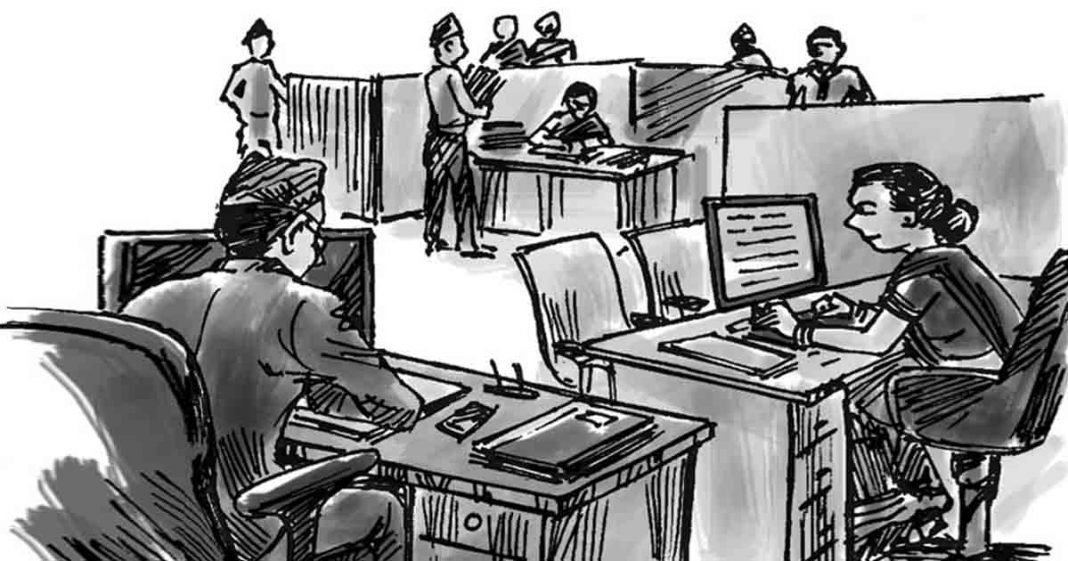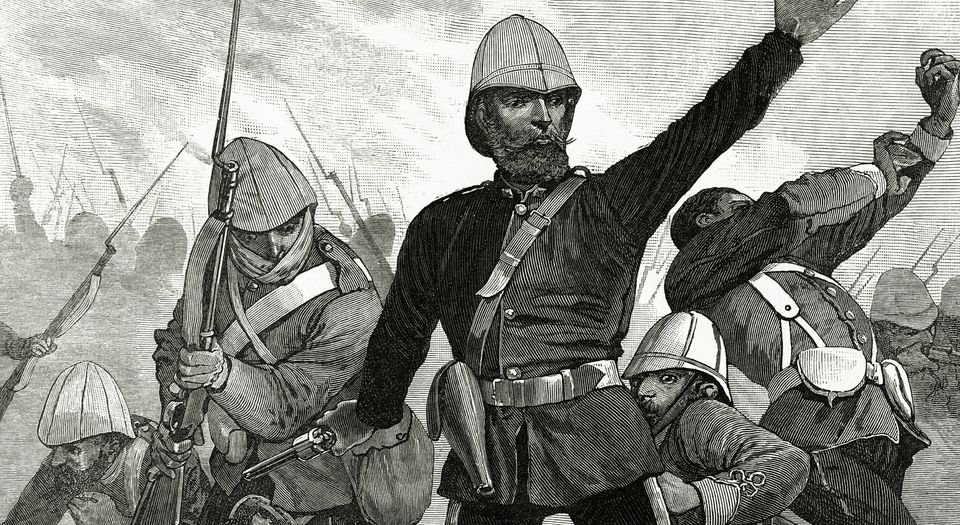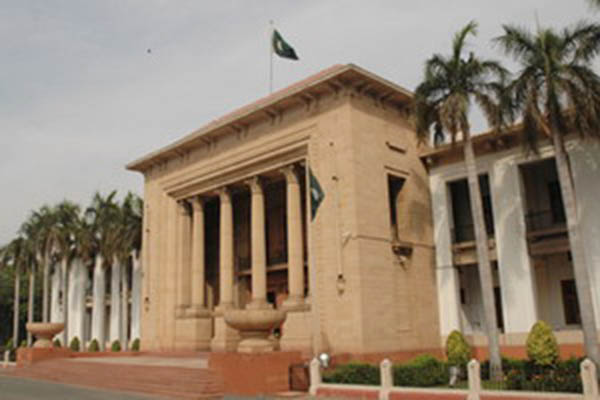Barrister Roman Awan
No Constitution: No Pakistan
Inherently, collective life requires specific regulations because individual life arises rights and liabilities. The set of codes represents the collective general will of the people in a just society. These are called laws when codes, rules, and regulations become legally enforceable. Then, laws are always categorized owing to the structural requirements. The superior law is called the constitution of a nation. It is the leading sociopolitical contract of a nation and a sacred document. It is the general will of a nation, and all laws take root from its life force.
What is a constitution? A constitution is a nation’s political contract and the land’s supreme law. Generally, it sets forth the cardinal principles of a state and society. Inherently, in democracies, it comprises the mode of a state, the form of governance, structures of organizations, fundamental rights and principles of policy. The constitution of Pakistan is the most sacred political and legal document in Pakistan. It illustrates that Pakistan is a federal-parliamentary state. It provides constitutionally protected fundamental rights critical for the dignity and safety of the citizens of Pakistan. The legislation and delegated legislation must correspond to the fundamental principles of the constitution; otherwise, the legal competency of the laws shall be compromised.
The constitution of Pakistan has two hundred eighty articles. All articles are equally significant; however, article eight of the constitution clarifies that no law shall be enforced repugnant to the canons of fundamental rights. Therefore, fundamental rights must have constitutional, legislative and administrative authorization. However, the implementation of fundamental rights in Pakistan could be more successful. Fundamental rights begin with article eight of the constitution and end with article twenty-eight of the constitution. Then, unfortunately, fundamental rights are not protected in Pakistan. The citizens need help implementing them through the executive, legislature or judiciary. The nation must understand that their fundamental rights are critical for their freedoms, liberties and rights.
To begin with, article one of the constitution declares the state of Pakistan as a federal republic. Nevertheless, Pakistan is neither a federation nor a republic. It may be a dejure federal republic, but primarily, it is centrally autocratic in defacto terms. Then the principles of policies, inevitable for state policies, are merely an eyewash. Articles two to six explain Islam to be the state religion, elimination of exploitation, the right of individuals to be dealt with in accordance with the law, loyalty to the state and obedience to the constitution and law and high treason are hardly implemented in the state of Pakistan.
The chapter on fundamental rights, including the security of a person, safeguard to arrest and detention, right to fair trial, protection against retrospective punishment, and double punishment, protection of human dignity, freedom of speech, assembly, association, trade, and right to information is hardly implemented. Furthermore, rights like those of access to information, equality of citizens, right to education and preservation of language and scripture are also nonexistent. The principles of policy range from articles twenty-nine to forty and still need to be implemented. The offices of the President, Prime Minister, the federal cabinet, chief minister, governors, provincial ministers and other constitutional offices need to perform their constitutional roles.
The parliamentary system is the form of governance in Pakistan. However, the business of parliament is not functioning according to the canons of constitutional democracy. The primary function of the legislature is legislation. Then the other fundamental function is the making of a political executive and electing the house of a leader, with the support of the majority. The parliament of Pakistan is the epic law body of the state. Then, the constitutional role of the parliament remains marginalized both by the parliamentarians and non-parliamentarians. The executive branch of the government must also function according to its constitutional role, and it must always remain accountable to the parliament. Hence, this has never been the case. Rather, it is the executive that dominates the supremacy of the parliament. Parliamentary supremacy is also critical for the reason of stronger democracy. Further, the provincial assemblies, executive and other provincial constitutional offices are hardly run according to the spirit of the constitution.
The constitution of Pakistan provides for the establishment of a judiciary. Articles 175 to 212 provide the establishment, functions, powers and jurisdictions of all forms of courts in Pakistan. The constitutional role of the judiciary is also critical for the governance model. There is a constitutional domain of legislature, executive and judiciary. The balance of power is critical for a federal system of governance. Critics attribute that there has been judicial access to the executive and legislature owing to the ever-increasing judicial activism. The constitutional balance of power is the only way forward for a functional governance system. Then, the elections are critical for the cause of democracy. Articles 213 to 226 deal with the holding of transparent elections. Therefore, the office of the election commissioner must implement the constitutional provision for holding transparent elections.
Articles 240 to 242 are critical to reforming civil services in Pakitan. Pakistan must reform colonial civil services according to the canons of federalism and devolution. Then, the armed services have a constitutional role, as the right to rule only belongs to the people, and they shall exercise it through their representatives. The spirit of the constitution is federal parliamentary, and Pakistan must function according to it.
Hence, the state of Pakistan must function in line with the constitution. The nation must know the significance of the constitution. An individual life needs certain rules and regulations, then how can a collective social and political life be lived without a set of rules? If rules are not implemented, it means there is anarchy. The rule of the powerful is against the foundation of constitutional democracy. Implementing the constitution is a must for the rule of law, and the latter is critical for a just and functional state and society. The constitution of Pakistan is the will of the people on how to govern Pakistan. It is a sacred trust, and people must enforce the lifeforce of the constitution for their political, social, cultural, economic and existential survival.https://republicpolicy.com/constitutional-timelines-of-electioneering-are-vital-for-political-stability-and-economic-growth/















